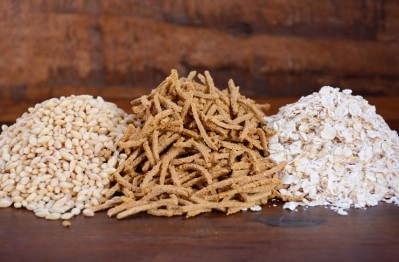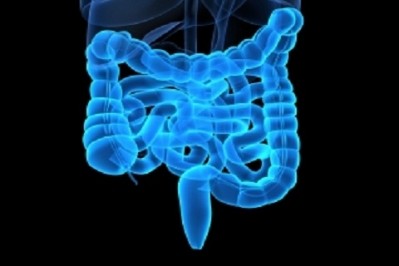Researchers question extra prebiotic use in enteral nutrition

The study, published in the journal Clinical Nutrition, looked at the effects of such supplementation in 22 patients with an average age of 71. The patients were given a daily formula containing either 7g of additional oligofructose/inulin or a maltodextrin placebo.
Patients on tube enteral nutrition (EN) often experience diarrhea and low faecal bifidobacteria concentrations. This could be caused by gastrointestinal colonisation with bacteria such as Clostridium difficile as well as antiobiotic use. It was therefore hypothesised that a manipulation of colonic microbiota could help protect against this problem of diarrhea.
However the results showed bifidobacteria levels were not significantly changed after an average of 12 days of prebiotic intervention. On the other hand there were significantly lower concentrations of Faecalibacterium prausnitzii and Bacteroides-Prevotella in the prebiotic group.
The researchers from University of Malaya and King’s College London said they had been surprised by this second finding since in the past inulin had been shown to increase F. prausnitzii in healthy subjects consuming a normal diet.
Commenting on the overall results, they said: “These results contrast sharply with the effects of oligofructose and inulin in healthy subjects, suggesting that some aspect of critical illness and/or antibiotic usage profoundly alters the prebiotic potential of these unavailable carbohydrates.”
Swimming against the tide
The researchers said many commonly used antibiotics suppressed anaerobic bacteria such as bifidobacteria, lactobacilli, clostridia and bacteroides, and past research had indicated the antibiotic clindamycin prevented oligofructose and inulin from stimulating the growth of bifidobacteria. In fact, the addition of these fibres actually saw a greater reduction in bifidobacteria than when the antibiotic alone was added.
No reason to recommend
“Based upon the findings of the current study, there is no reason to advise that critically ill patients receiving EN are given additional oligofructose/inulin, beyond that which is already provided in the enteral formula,” they wrote.
They said further research should look at the optimal lower range of oligofructose/inulin in fibre–containing enteral solutions for the critically ill. They also suggested future investigation into whether these findings were specific to intensive-care patients or could be applied more broadly to hospitalised patients receiving EN.
Source: Clinical Nutrition
Vol 33, Iss 6, 966–972, doi: 10.1016/j.clnu.2013.11.008
“Additional oligofructose/inulin does not increase faecal bifidobacteria
in critically ill patients receiving enteral nutrition: A randomised
controlled trial”
Authors: H. A. Majid, J. Cole, P. W. Emery, K. Whelan














